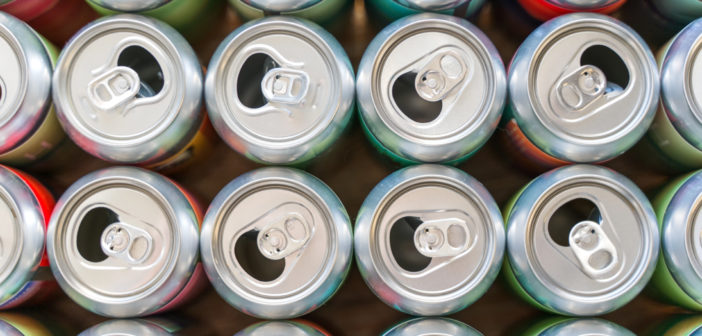A bipartisan group of lawmakers introduced legislation on Jan. 28 to update Michigan’s bottle bill to crack down on fraud and abuse and increase access to recycling, according to a recent news statement. The bills are sponsored by: Rep. John Chirkun, D-Roseville, Rep. Brandt Iden, R-Oshtemo, Rep. Jim Lilly, R-Macatawa and Rep. Tim Sneller, D-Burton.
“These bills will crack down on rampant fraud and abuse coming across our borders and make it illegal for someone to purchase truckloads of soda from a neighboring state — without paying a deposit — and selling it to retailers in Michigan without initiating the deposit,” said Chirkun.
“Michigan’s bottle deposit law is more than 40 years old and in need of an update,” said Lilly. “This bipartisan legislation will ensure businesses on the frontlines in the fight to protect our states natural resources are able to make much needed infrastructure improvements to keep this program running strong for decades to come and that law enforcement has the tools and resources to crack down on rampant fraud and abuse.”
“Passing this legislation will take Michigan’s bottle bill to the next level and make our state the first among states which seize the unclaimed deposits as state property to invest those funds in recycling programs,” said Sneller. “Our goal is to help improve Michigan’s recycling rate without using tax dollars by tapping into some of the growth in the unredeemed deposit fund, which is what the law initially intended to achieve.”
Currently, Michigan has a 15-percent recycling rate, which is less than half the average recycling rate of neighboring Great Lakes states and well below the national average of 35 percent. One reason is the current law doesn’t require the state department of Environment, Great Lakes and Energy (EGLE) to put the millions of dollars collected every year in the unclaimed deposit fund towards recycling.
Under the current law, 75 percent of unclaimed deposits goes to EGLE — without any guarantee the money will be spent on recycling efforts — and 25 percent goes to retailers. The newly introduced legislation further redirects the fund to ensure that local recycling programs will be supported while the bottle bill remains sustainable and workable.
This is a commonsense update and improves Michigan’s current bottle bill,” said Iden. “This legislation supports local recycling programs, contributes to contamination cleanup and encourages businesses to participate in recycling efforts.”
Breakdown of Redirected Funds
- 75% to the Renew Michigan fund to support local recycling programs
- 25% to Brownfield cleanup and redevelopment
- 25% to retailers
- 20% to beverage distributors, who are charged with implementing and overseeing the bottle bill
- 15% to law enforcement to combat the rampant fraud that is currently undermining the effectiveness of the bottle bill














